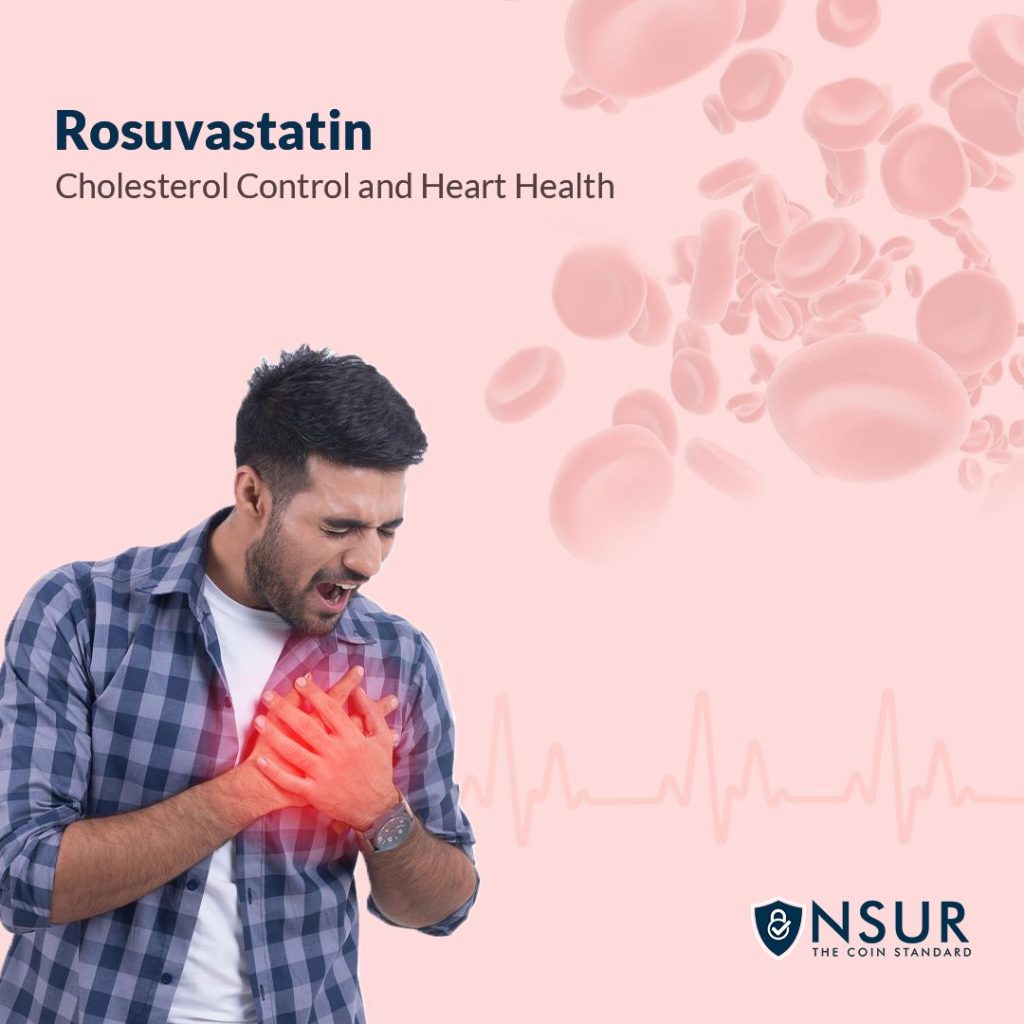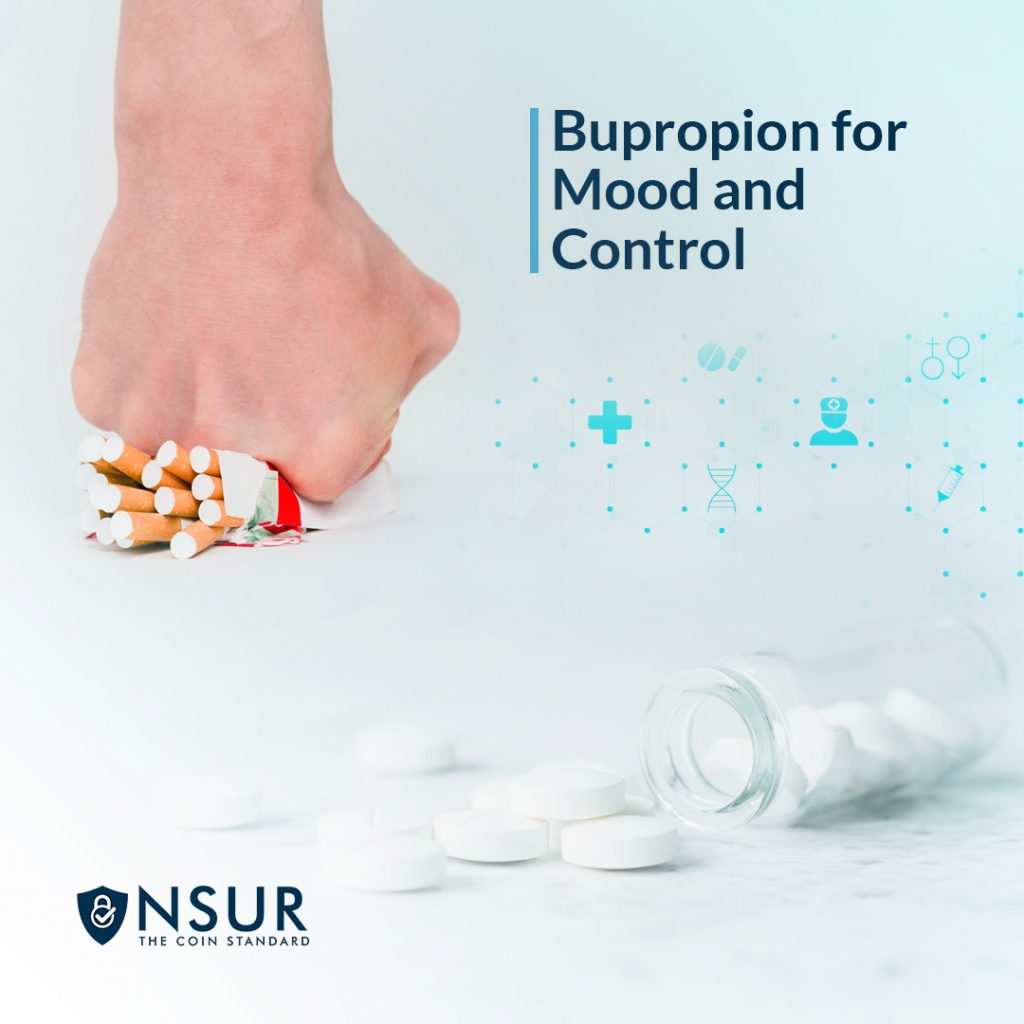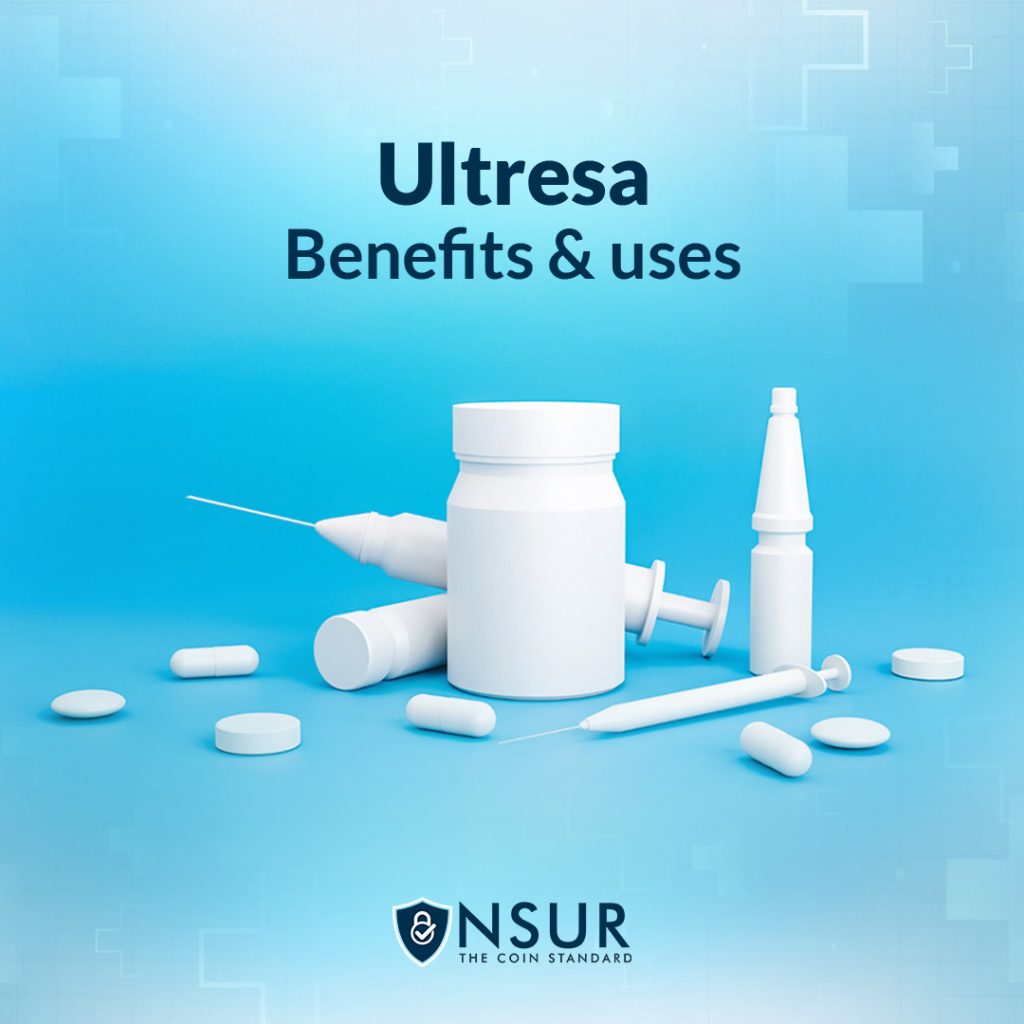
In the ongoing quest for optimal heart health, managing cholesterol levels is a critical component. Among the arsenal of medications available, Rosuvastatin stands out as a potent ally. This medication, belonging to the statin class, is instrumental in lowering bad cholesterol levels, thus fostering a healthier cardiovascular system. This article delves into the workings of Rosuvastatin, its benefits, and what patients can expect when incorporating it into their heart health regimen.
Understanding Cholesterol and Its Impact
Cholesterol, a waxy substance found in your blood, is essential for building healthy cells. However, high levels of cholesterol can lead to the development of fatty deposits in your blood vessels. These deposits make it difficult for enough blood to flow through your arteries, raising the risk of heart disease or stroke. There are two main types of cholesterol: LDL (low-density lipoprotein), often referred to as ‘bad’ cholesterol, and HDL (high-density lipoprotein), known as ‘good’ cholesterol. Managing these levels is where Rosuvastatin comes into play.
The Role of Rosuvastatin
Rosuvastatin, marketed under various brand names like Crestor, is a statin that works by blocking a specific enzyme needed to produce cholesterol in the body. This process not only reduces levels of LDL cholesterol but also increases HDL cholesterol and lowers triglycerides, another type of fat in your blood.
Benefits Beyond Cholesterol Control
While the primary function of Rosuvastatin is to manage cholesterol levels, its benefits extend further, contributing to overall heart health. Studies have shown that Rosuvastatin can:
- Reduce the risk of heart attacks and strokes, especially in individuals with diabetes, established heart disease, or other risk factors.
- Slow the progression of atherosclerosis, a condition where arteries narrow due to the buildup of cholesterol and plaque.
- Potentially improve kidney function and reduce inflammation markers, both of which are beneficial for cardiovascular health.
Starting Rosuvastatin: What to Expect
When a healthcare provider prescribes Rosuvastatin, they consider various factors, including the patient’s health status, cholesterol levels, and potential risk for heart disease. Dosages can vary, and the medication is typically taken once a day, with or without food.
Side Effects and Considerations
As with any medication, Rosuvastatin may cause side effects in some individuals. Common side effects include muscle pain, weakness, headache, nausea, and abdominal pain. It’s important to communicate with your healthcare provider about any side effects you experience, as they can adjust your dosage or suggest alternatives if necessary.
Moreover, Rosuvastatin may not be suitable for everyone. Patients with liver disease, pregnant women, or those with certain other conditions may need to avoid this medication. A thorough discussion with your healthcare provider can help determine if Rosuvastatin is right for you.
Lifestyle Changes for Enhanced Effectiveness
Medication is just one piece of the heart health puzzle. For Rosuvastatin to be most effective, incorporating healthy lifestyle changes is crucial. This includes adopting a heart-healthy diet rich in fruits, vegetables, whole grains, and lean protein, engaging in regular physical activity, quitting smoking, and managing stress.
Take advantage of NSURx for your prescription drugs!
With the NSURx Prescription Benefit Card, you can save money on your medications at more than 35,000 pharmacies across the United States.
You can save up to 80% on your medication by using an NSURx card. Hundreds of dollars in savings could be yours every time you fill out your prescription.
The more you shop with NSURx, the more NSUR Coins you will receive as a reward.
Disclaimer
This blog post is intended for informational purposes only and should not be considered a substitute for professional medical advice. Always consult with a qualified healthcare provider for personalized recommendations and guidance.











